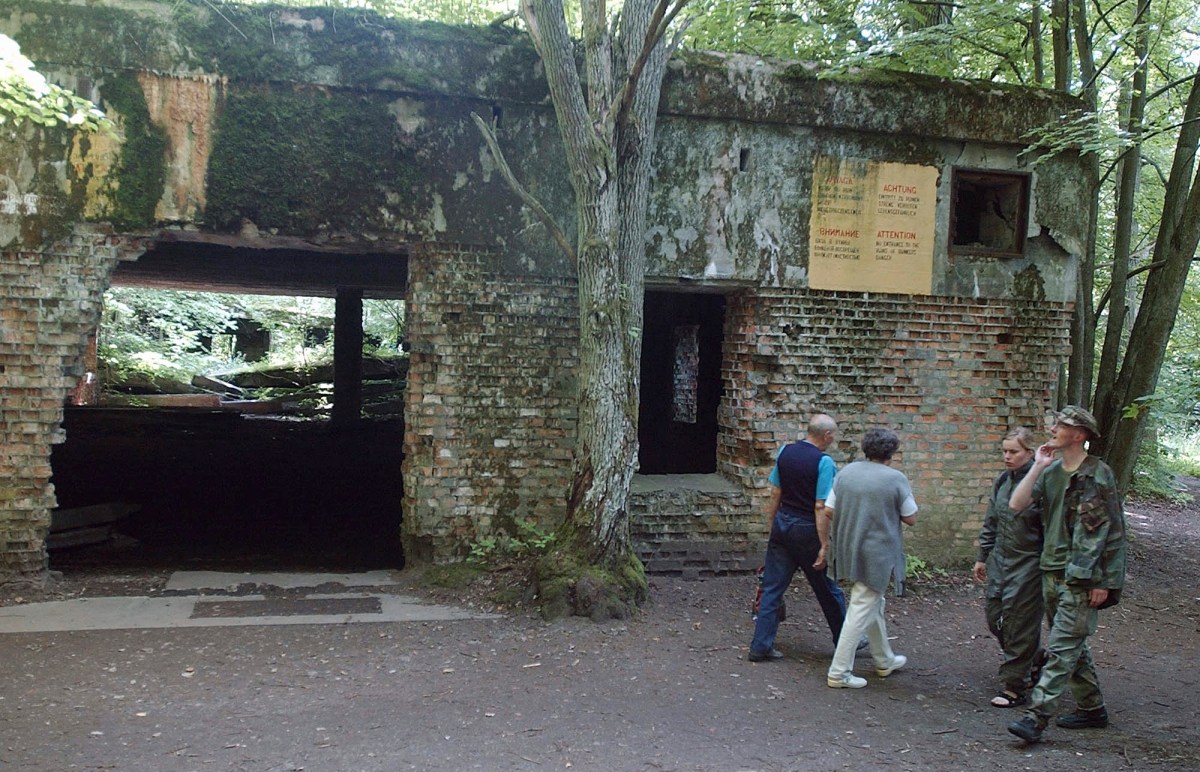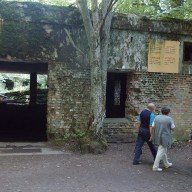WARSAW, Poland (AP) — Polish prosecutors have ended an investigation into human skeletons found at a site where German dictator Adolf Hitler and other Nazi leaders spent time during World War II because their advanced decay made it impossible to determine the cause of death, a spokesman said Monday.
The remains were found Feb. 24 at Wolf’s Lair, which served as Hitler’s chief headquarters from 1941-44 when the area was part of Germany. The compound of about 200 Nazi bunkers and military barracks hidden in deep woods was the site of the failed assassination attempt on Hitler by Col. Claus Stauffenberg on July 20, 1944. The site is now a tourist attraction.
The spokesman for the prosecutor’s office in nearby Ketrzyn town, Daniel Brodowski, said police officers secured the remains after they were found by a local group, Latebra, which searches for historical objects.
A forensic medical expert examined them under the supervision of the prosecutor’s office, which was trying to determine if manslaughter had occurred. It discontinued the investigation in late March due to a lack of evidence that a crime had been committed, Brodowski told The Associated Press in an emailed statement.
“The expert stated that the preserved bone remains were of human origin and came from at least four people, three of whom were most likely middle-aged men, and the fourth was a child several years of age whose sex cannot be determined,” Brodowski wrote.
But due to advanced decay of the remains, it was no longer possible to determine the cause of death, he said, noting that at least several dozen years had passed.
The investigation didn’t address who the people might have been, due to the conditions of the remains and passage of time.



















